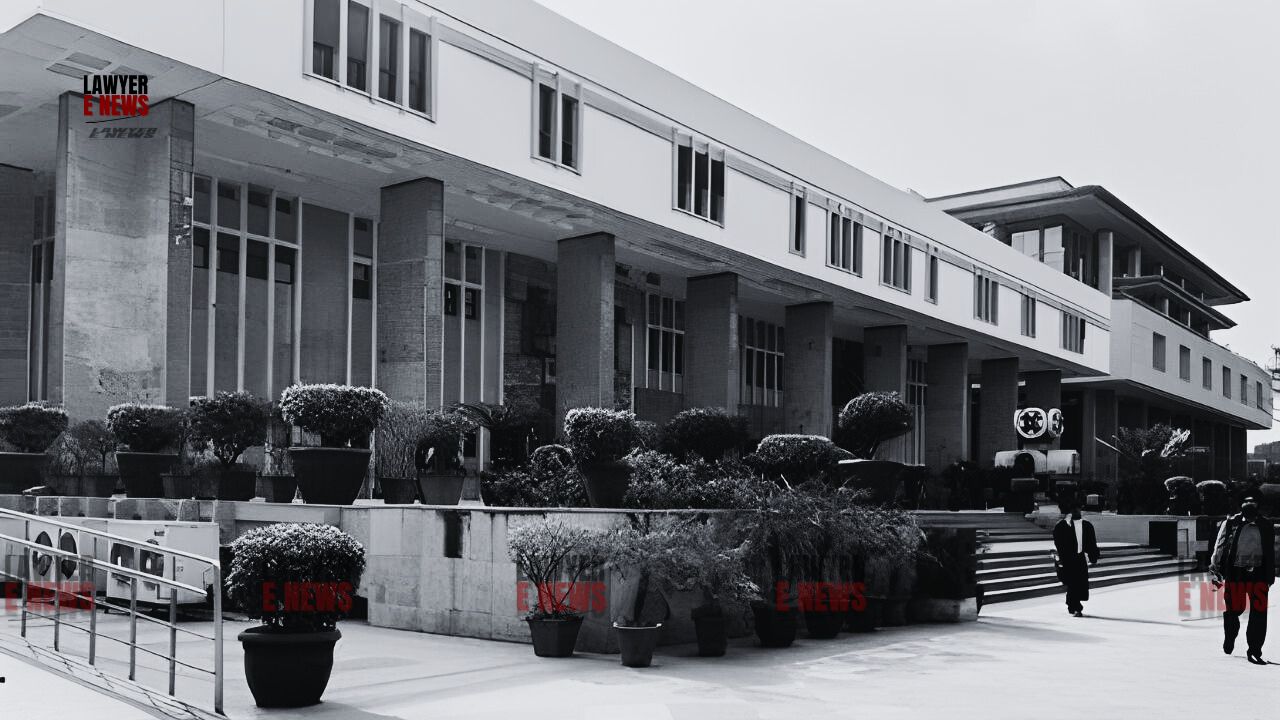-
by sayum
14 February 2026 2:22 PM



The Delhi High Court has dismissed a writ petition filed by a Russian national, Elena Shvedova, seeking the return of gold bars seized by Customs officials at Indira Gandhi International Airport. In a decision pronounced on August 27, 2024, the bench comprising Justices Ravinder Dudeja and Yashwant Varma upheld the service of a Show Cause Notice (SCN) sent to the petitioner via email, despite her contention that it was not sent through a government-provided email service.
The petitioner, a resident of Moscow, purchased five gold bars weighing 1,075 grams in Russia and brought them to India in January 2023 to have jewelry made. Upon her arrival, Customs officials intercepted her near the green channel at the airport and seized the gold bars. The petitioner claimed she was coerced into signing documents in English, which she did not fully understand.
Although no Show Cause Notice (SCN) was initially served upon her, the Customs Department issued one on July 3, 2023, nearly six months after the seizure. The SCN was sent via email to the address provided by the petitioner but was not sent from an official government email. The petitioner argued that the SCN was invalid due to improper service, as it violated the government’s policy requiring the use of NIC emails for official communications.
Validity of SCN Service via Non-Government Email: The petitioner’s primary argument was based on the mode of service. She argued that the SCN sent from a non-government Gmail address was invalid as per the government’s email policy. However, the court found that the Customs Act does not mandate the use of a government email service for serving notices. Justice Ravinder Dudeja, writing for the bench, stated, “The email policy has no overriding power over statutory law. Thus, merely because the SCN was forwarded using a non-government email service would not render it invalid.”
The petitioner presented a screenshot of her email inbox, purportedly showing that she never received the SCN. However, the court found discrepancies in the evidence provided, particularly noting that the digital record was extracted from a mobile phone while the certificate under Section 65-B of the Indian Evidence Act referred to data from a computer. This discrepancy rendered the evidence unreliable, and the court dismissed the claim.
The court examined the relevant legal framework under the Customs Act, specifically Section 110(2), which requires that goods seized under Section 110(1) must be returned if no notice is issued within six months. Since the SCN was issued within this timeframe and served through a valid email address, the court ruled that the Customs Department had complied with the law.
The court’s reasoning rested on the statutory provisions of the Customs Act and the methods of service prescribed under Section 153. The section allows for service of notices via email, post, or other means, without specifying that government email services must be used. The court concluded that the petitioner’s failure to provide sufficient evidence that she did not receive the email rendered her argument meritless.
“The statutory provisions under Section 153 of the Customs Act provide for various modes of service, including email. The petitioner’s contention that service via a non-government email service is invalid cannot be upheld as the law does not impose such a restriction,” the judgment noted.
By upholding the service of the SCN and dismissing the petitioner’s writ, the Delhi High Court reinforced the flexibility of statutory provisions concerning notice service. The ruling emphasizes that compliance with the Customs Act’s prescribed methods takes precedence over policy directives regarding the use of official email services. This decision underscores the importance of statutory law over procedural guidelines and highlights the need for robust digital evidence when challenging administrative actions.
Date of Decision: August 27, 2024.
Elena Shvedova vs. Union of India & Ors.
